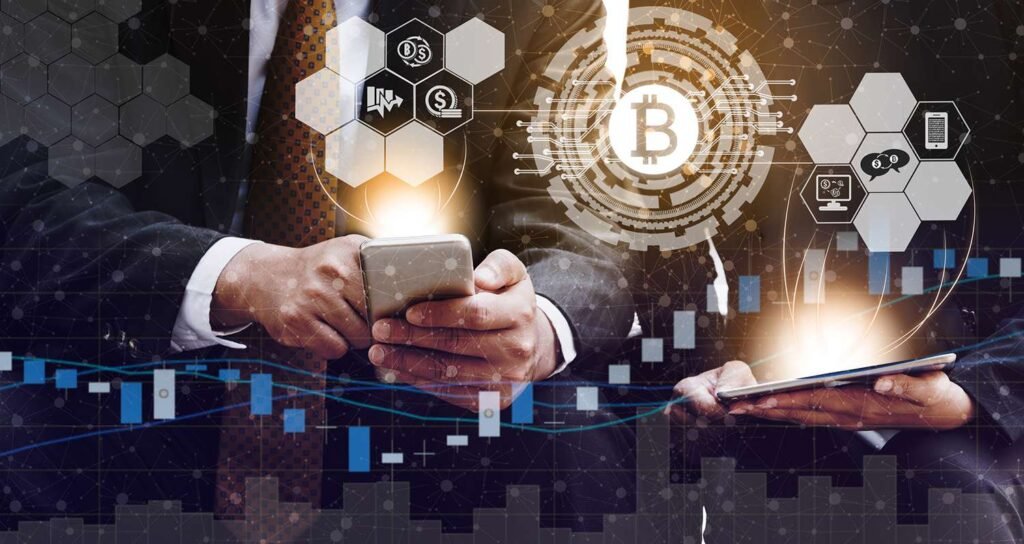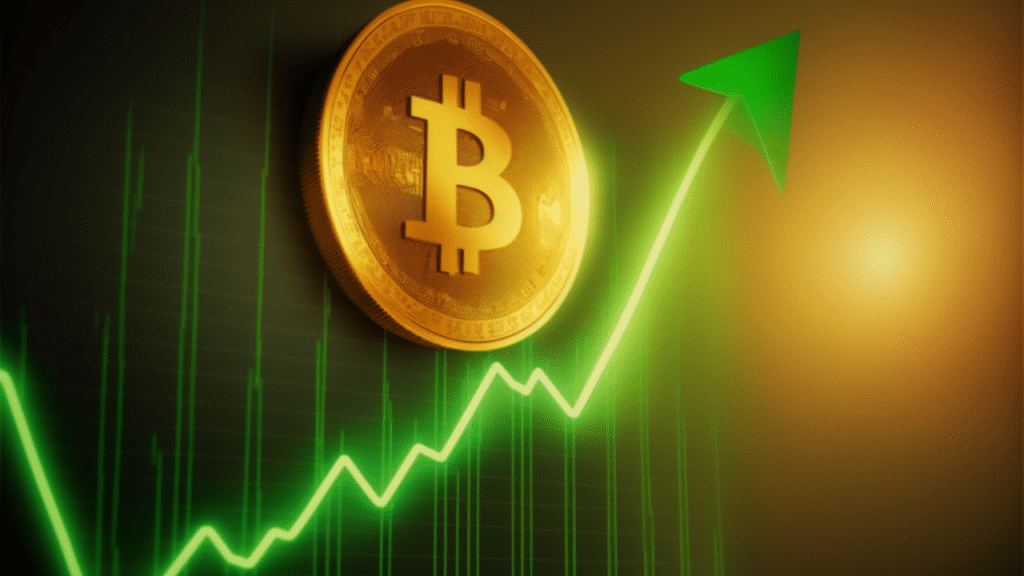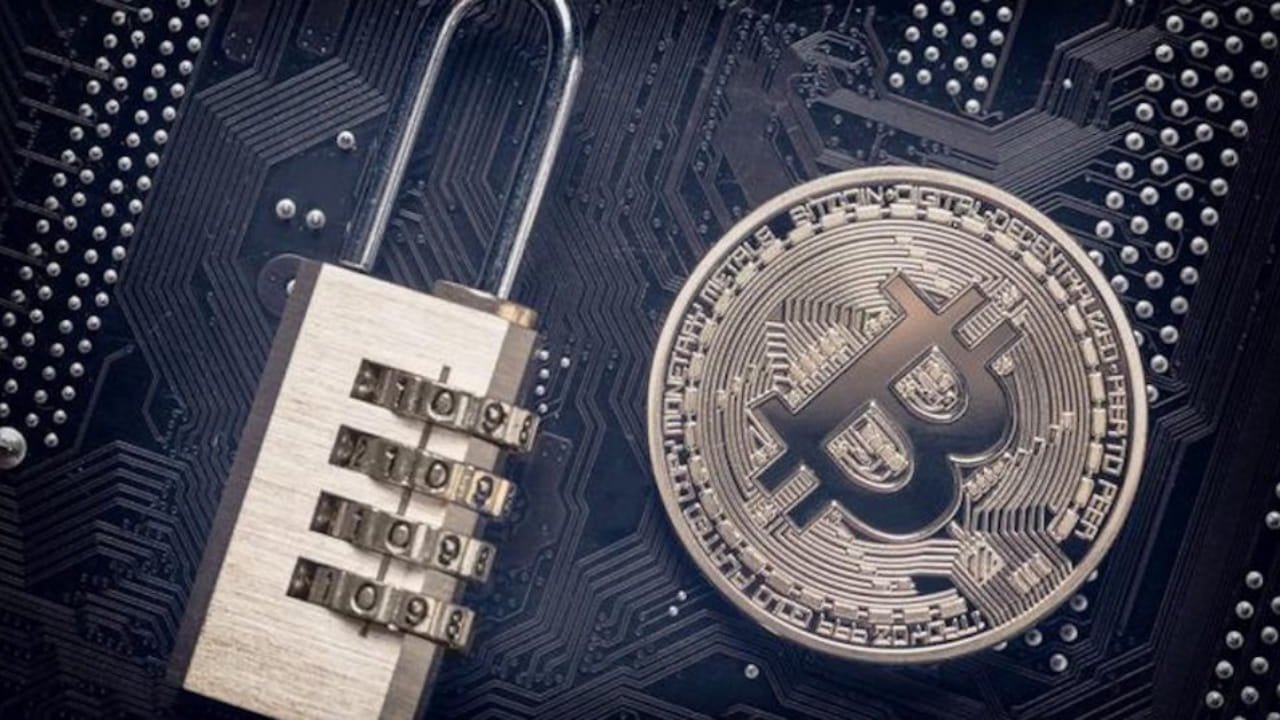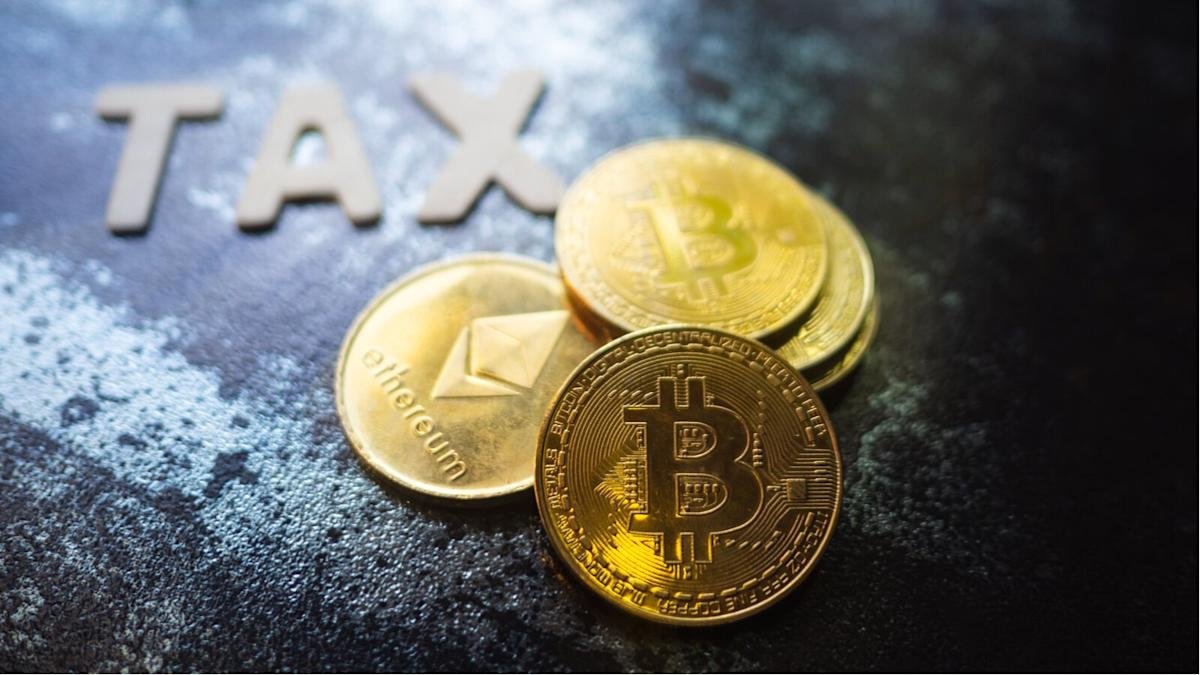Cryptocurrency education is more than just a trend in today’s fast-paced digital world; it’s a must. Blockchain technology, decentralised finance (DeFi), and digital assets are changing the way money works. Because of this, it’s important for everyone, including people, investors, businesses, and regulators, to have a thorough grasp of cryptocurrencies. To make smart choices in the changing digital economy, you need to grasp how digital currencies work, what their underlying architecture is, and what risks and opportunities they offer. This includes Bitcoin, Ethereum, and other digital currencies.
Cryptocurrencies are no longer just for small groups of people. Big companies including JPMorgan Chase, BlackRock, and Tesla are looking into or using blockchain-based assets. Some countries, like El Salvador, have made Bitcoin legal tender, while others are looking into Central Bank Digital Currencies (CBDCs). Comprehensive education ensures people remain empowered and not left behind as this change unfolds.
Foundations of Cryptocurrency Technology
To understand cryptocurrency, one must begin with the blockchain—the decentralised technology that powers all forms of cryptocurrency. A blockchain records transactions across a network of computers in a secure, transparent, and immutable manner. This innovation eliminates the need for central intermediaries, fostering peer-to-peer value exchange.
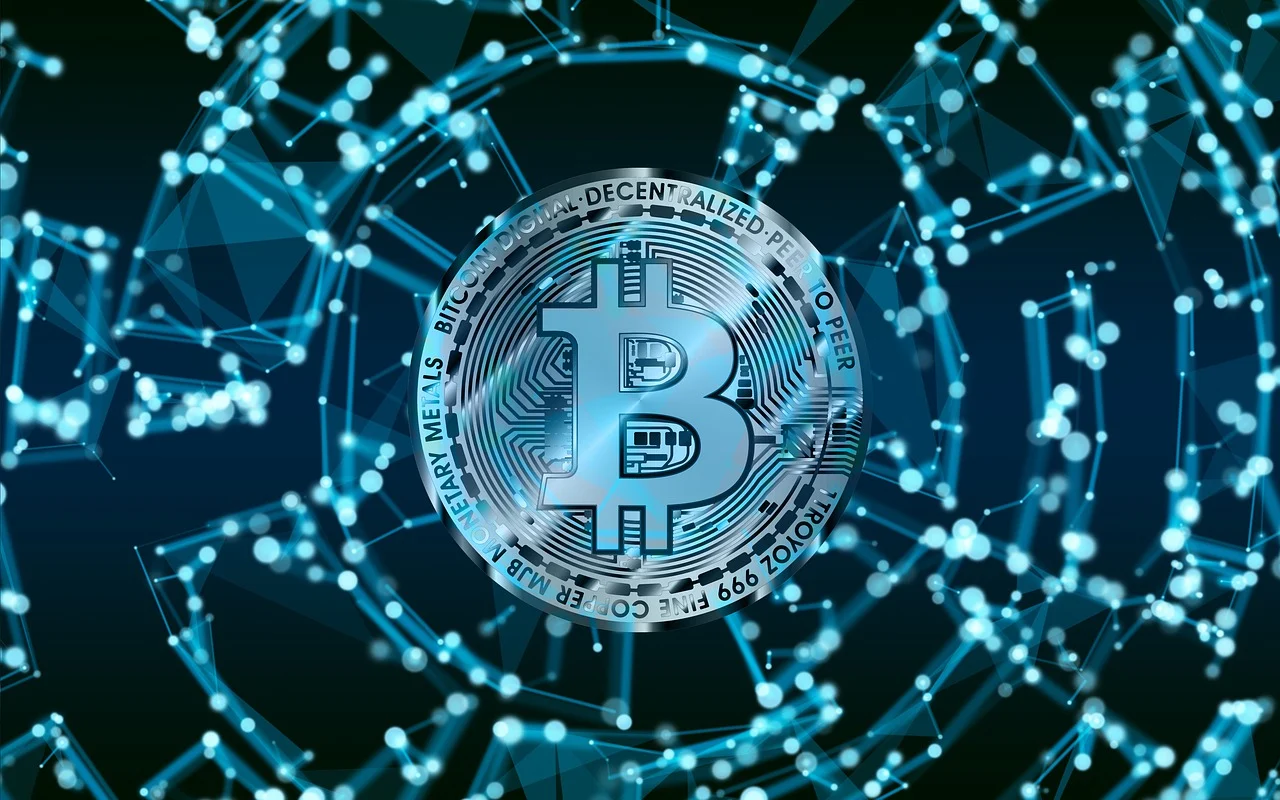
Bitcoin, introduced in 2009 by the pseudonymous Satoshi Nakamoto, was the first successful implementation of blockchain. It uses a consensus mechanism called Proof of Work (PoW) to validate transactions and create new coins. Ethereum subsequently introduced programmable smart contracts, paving the way for the development of decentralised applications (dApps) and token ecosystems. Education on cryptocurrencies includes exploring the differences between coins and tokens, understanding how decentralised networks function, and becoming familiar with the tools that support them—such as wallets, nodes, and mining hardware. This foundation is essential for safely navigating the digital asset space. Cryptocurrency education
Cryptocurrency Tools and Technologies
Effective use of cryptocurrencies depends on understanding the tools involved. A crypto wallet, whether custodial (e.g., Coinbase) or non-custodial (e.g., MetaMask, Ledger), stores your private keys, enabling access to your assets. Users must understand the importance of safeguarding seed phrases, utilising two-factor authentication, and distinguishing between hot and cold storage solutions.
Exchanges are another fundamental component. Centralised exchanges like Binance, Kraken, and Coinbase offer liquidity and fiat onramps, while decentralised marketplaces (DEXs) like Uniswap and PancakeSwap allow for peer-to-peer asset swaps without intermediaries. Each platform presents different levels of security, fees, and accessibility, making platform literacy critical. Moreover, smart contracts, the self-executing protocols underlying most DeFi applications, are essential to understand. These automated scripts enable lending, borrowing, trading, and other complex financial activities without traditional banking institutions. Cryptocurrency education
The Rise of DeFi and NFTs
Cryptocurrency education must also cover new paradigms such as DeFi and non-fungible tokens (NFTs). DeFi protocols replicate traditional financial services—like interest-bearing accounts or insurance—using blockchain and smart contracts. Projects like Aave, MakerDAO, and Compound exemplifdemonstrate decentralised and borrowing mechanisms.
NFTs, meanwhile, are unique digital assets representing ownership of art, music, virtual real estate, or in-game items. Built primarily on Ethereum using standards like ERC-721 or ERC-1155, NFTs have disrupted sectors like art, gaming, and entertainment. Platforms such as OpenSea and Rarible have made NFT trading accessible to the masses.
These innovations reflect the revolutionary effects of blockchain and provide an opportunity for an educational foundation to identify real value versus hype in a rapidly evolving landscape.
Crypto Legal and Regulatory Framework
A well-rounded cryptocurrency education also explores legal and regulatory considerations. Governments worldwide are racing to create frameworks for digital assets. In the U.S., the Securities and Exchange Commission (SEC) and Commodity Futures Trading Commission (CFTC) debate how to classify cryptocurrencies—whether as securities, commodities, or something else entirely.
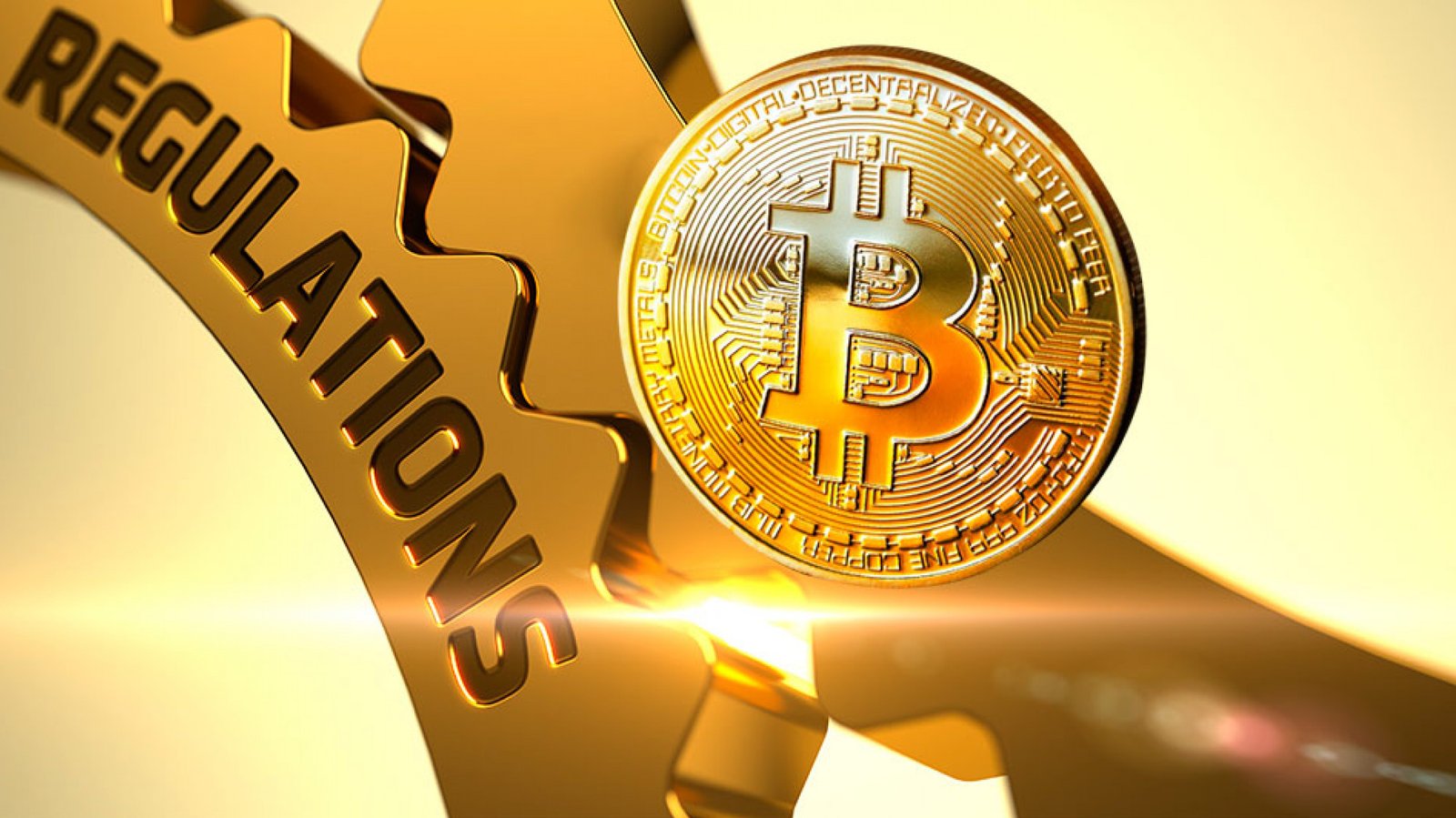
Countries vary in their approach. While Switzerland and Singapore foster crypto innovation with supportive policies, others like China have implemented bans. Understanding Know Your Customer (KYC) and Anti-Money Laundering (AML) laws, tax implications, and wallet traceability is key to participating legally and ethically in crypto markets.
These developments also touch on broader concerns like data privacy, financial surveillance, and cross-border compliance, making legal literacy a vital component of any crypto curriculum.
Final thoughts
Because the bitcoin market is always changing, you need to keep learning. Ethereum.org, CoinDesk, and Binance Academy are all trustworthy sites that offer free learning materials. Udemy, Coursera, and the Blockchain Council also offer more structured courses.
Keeping up with the news about new use cases, regulatory changes, and new technology is a part of being informed. Following respectable opinion leaders on X (previously Twitter) and joining online communities, Discord groups, and Reddit forums like r/cryptocurrency can also give you useful real-time information. By learning and changing, users can securely deal with volatility, figure out if a project is viable, and make a real difference in a decentralised future.
















